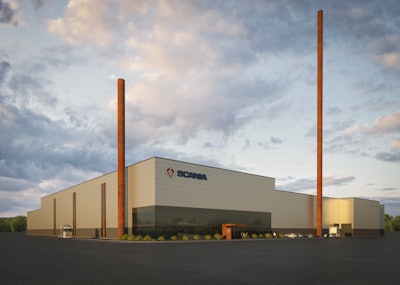
Scania plans to invest about SEK 1.5 billion in a new foundry in Södertälje, Sweden, in order to triple production capacity and achieve a 50% reduction in energy consumption compared to the technology and methods used in the current foundry. Through more efficient materials handling and recycling, a sharp reduction will also be achieved in the transport need per manufactured unit. The foundry will be operated using electricity produced from renewable energy sources.
“In the ongoing shift towards a fossil-free society, even more energy-efficient combustion engines as well as combustion engines that operate on biofuels and gas will be needed. In particular for trucks and buses in long distance transport. The new foundry will be instrumental in providing such engines,” says Ruthger de Vries, Executive Vice President, Head of Production and Logistics at Scania.
The investment in a completely new foundry is one of Scania’s largest single investments in an entirely new industrial plant. The investment decision was preceded by a comprehensive analysis of various alternatives, such as increased purchasing from external suppliers or a conversion and extension of the existing foundry.
“A completely new plant is the most cost-efficient solution and the best alternative from an environmental and quality standpoint when it comes to the future supply of strategically important parts for our engine production. Through this investment, we will also retain important proximity to our research and development organisation, which is concentrated in Södertälje. Meanwhile, this means that Södertälje will continue to be the hub for our European engine production,” says de Vries.
Heat recovery and more efficient materials handling
The energy usage per tonne produced in the new foundry is expected to be 50% lower than in the existing facility. The largest energy gains will be obtained through improvements in the casting process and recovery of the heat this generates.
With the introduction of new methods for materials handling and recycling, transports will also be reduced in relation to the number of units produced. The largest single energy saving will be achieved through recycling of the sand used in production of casting moulds, so-called cores, where it will be possible to recycle 70% of the sand. The technology used in the current foundry does not permit any sand recycling. The sand is transported long distances by truck. These transports will not increase despite a tripling of production volume.
“From a sustainability perspective, this means that we will reduce the use of a finite resource while the climatic impact from sand transports will not increase despite a tripling of production volume,” says de Vries.
Strong consideration for local environmental impacts
Scania’s decision to invest in a completely new foundry was based on consideration of the local environmental impact in the form of noise and emissions from the operations and also from goods transport services. The current foundry, which was constructed in 1914, is located in an industrial estate close to central Södertälje, while the new plant will be built in one of the outlying areas of the city at Tveta industrial estate, situated west of the E20 route.
In line with the realization of the plans to improve the road transport infrastructure in Södertälje, including a new connection to the E20 motorway, it will be possible to further reduce the local environmental impact from Scania’s goods transport services in the future.
The planning of the land for the new foundry in Södertälje will begin after the necessary environmental impact assessment is concluded, which is expected to happen during spring 2018, and the start of construction is planned for January 2019.
At full capacity utilization, the new foundry will employ the same number of people as the existing foundry, i.e. almost 200 employees.

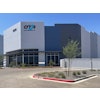

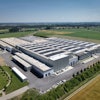
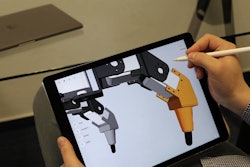

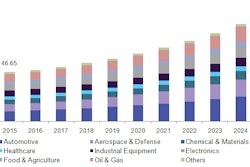
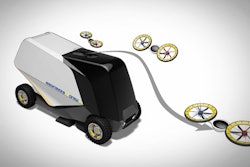







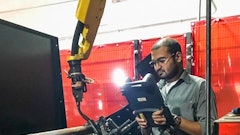

![Hcm Ax Landcros Press Release[32] jpg](https://img.oemoffhighway.com/mindful/acbm/workspaces/default/uploads/2025/11/hcmaxlandcros-press-release32jpg.mAEgsolr89.jpg?ar=16%3A9&auto=format%2Ccompress&fit=crop&h=135&q=70&w=240)